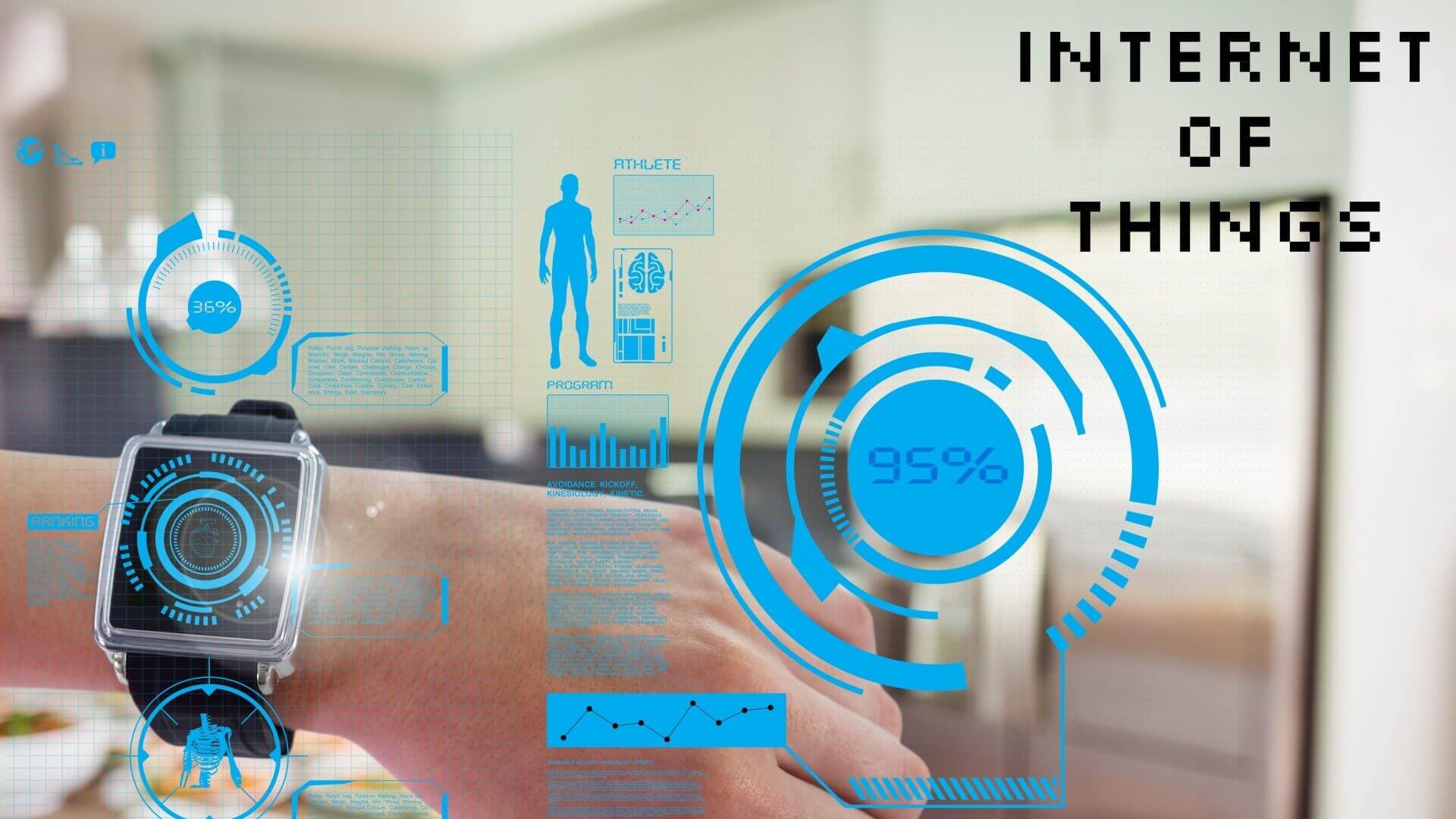
With the hype of BTC and other tokens, blockchain is gradually known to the public, but this knowledge is overwhelmingly vague, and some people even draw a parallel between tokens and blockchain. In fact, blockchain is just an underlying technology. To put it simply, blockchain technology is a kind of Internet database technology, which is characterized by decentralization, openness and transparency, and everyone can participate in database records. So, what fields can blockchain be applied in?
1、Payment and cash transaction
Blockchain creates a more direct payment flow for payment and cash transactions through its own decentralized advantages. It can be applied domestically or cross-country, and no intermediary is needed to pay with ultra-low rates and almost instantaneous speed.
2. Banking
Essentially, banks are a secure repository and clearinghouse of value, and blockchain as a digital, secure and tamper-proof general ledger can achieve the same effect.

3、Games
The core value of blockchain application in the game field: to return the game rights to the game players. Blockchain skills such as decentralization, smart contract and asset trading can solve the problem of game data and user data privacy leakage in the game industry, promote the preservation of virtual digital money in the game, and complete the fair value sharing between users and game development channels.
4、Copyright protection
In the blockchain technology environment, every copyright transaction will produce irreversible transaction records, which means that including an idea, story, script or character. Once recorded on the blockchain, the asset will always be tracked even if the ownership is exchanged, transferred, sold, etc., thus solving the copyright problem.
5、Car industry
Future customers select the car they want to lease and enter the blockchain's public ledger; then, sitting in the driver's seat, the customer signs the lease agreement and insurance policy while the blockchain is synchronized with updated information. This is not a figment of the imagination, and this type of process could develop into a reality for car sales and car registration as well.

6、Logistics chain
Goods need to go through multiple links from the producer to the consumer, and cross-border shopping is even more complicated; the intermediate links often go wrong, and consumers can easily buy fake goods. The inherent openness and transparency of blockchain makes it possible for anyone to make public inquiries, and the probability of falsified data being discovered is greatly increased. After all the nodes of the logistics chain are on the blockchain, the goods are traceable from the producer to the consumer, forming a complete chain; the more the missing links of the goods, the greater the probability that they will be exposed as counterfeit products.
7、Medical
The processing of electronic medical data, drug traceability and medical insurance are all hot areas of blockchain+medical industry.Blockchain storage of medical data completes decentralized medical information and patient data management and realizes data sharing among institutions.

8、Social
Think about why we just browse a shopping website and always receive similar advertising pop-ups on other social platforms, because data privacy is shamefully trafficked by the monopolistic big data platform.
The purpose of the application of blockchain technology in the social field is to shift the control of social networks from centralized companies to individuals, to realize the change from centralized to decentralized, so that the control of data is firmly in the hands of users themselves.
9、Charity
The core value of blockchain application in the field of charity: to realize the openness and transparency of all data. For charitable donations, blockchain allows people to accurately track the flow of their donations, when the donations arrive, and whose hands the donations eventually reach. This can solve the long-standing problems of low transparency and unclear accountability in the process of charitable donations.

10、Sports
Investing in athletes is gradually becoming a concern for sports governing bodies and companies, but blockchain can decentralize the process of investing in athletes by democratizing the ability of fans to get financial shares of current sports stars in the future. This concept of using blockchain to invest in athletes and gain revenue has not been tried on a large scale.
